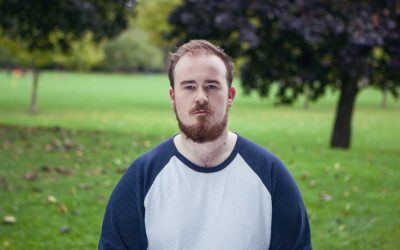Do natural variations in hormones, such as oestrogen, make anxiety disorders more likely? If so does this affect the way people respond to treatment?

Developing more accessible evidence-based psychological treatments for pathological worry and rumination in generalised anxiety and depressive disorders.
We all worry about the future and focus on negative events from the past from time-to-time. When this kind of thinking becomes persistent, however, it can damage our mental health.
The project
The process
The potential
Cognitive Bias modification for interpretation (CBT-I) is showing highly promising results in reducing Repetitive negative Thinking (RNT) in people with anxiety or depression. This provides a new way to overcome one of the most life-affecting symptoms of two major mental illnesses, but also confirm the underlying processes that bring them about helping further research in the future.
The findings
Where next?

Dr Colette Hirsch is a senior lecture in the Psychology department at Kings College London and a Professor of Cognitive Clinical Psychology. and Consultant Clinical Psychologist leading the Generalised Anxiety Disorder Service at the Centre for Anxiety Disorders and Trauma at the South London Maudsley NHS Trust.
Was this information helpful?
Related research profiles
Sensitive periods for the effects of depression on suicide risk: a longitudinal study of gene-environment interactions and epigenetic mechanisms
Dr Lussier aims to determine the extent to which child and adolescent depression interacts with genetic susceptibility to influence suicide risk in early adulthood.
Increasing access to social prescribing for people living with severe mental illnesses at risk of cardiovascular disease
People with severe mental illnesses are at high risk of heart disease due to lack of physical activity and social isolation. Social prescribing can help, but is it accessible?


